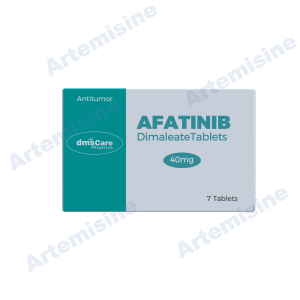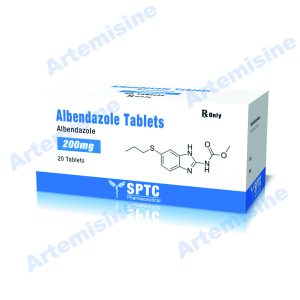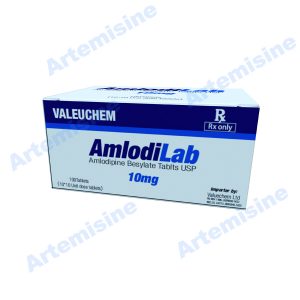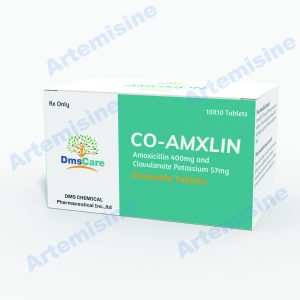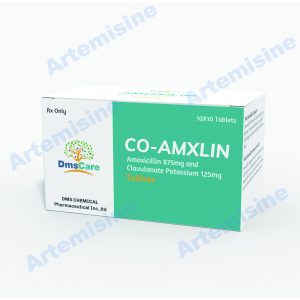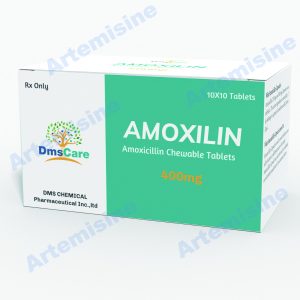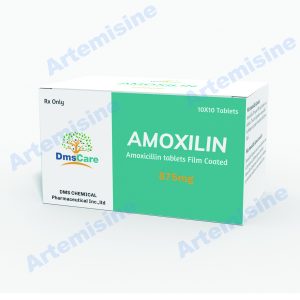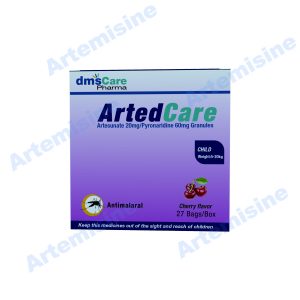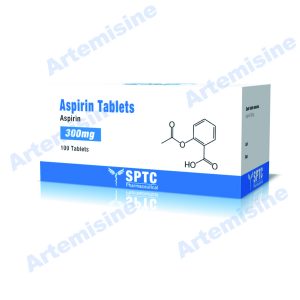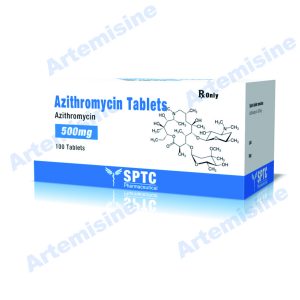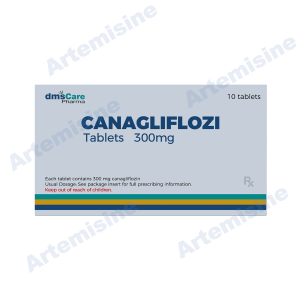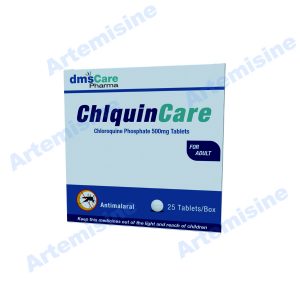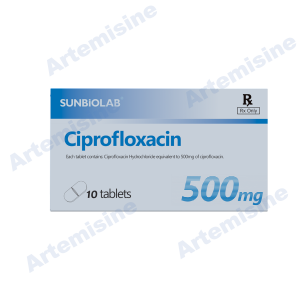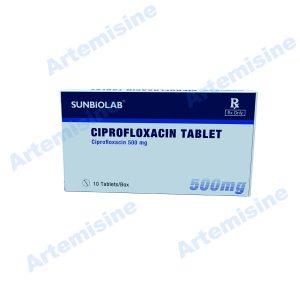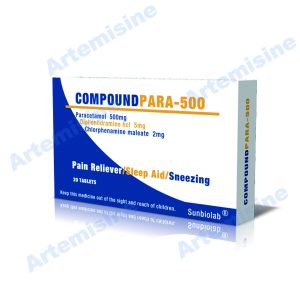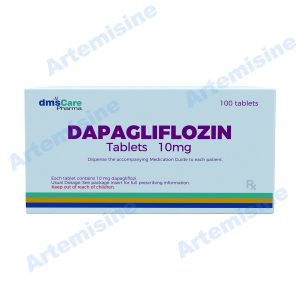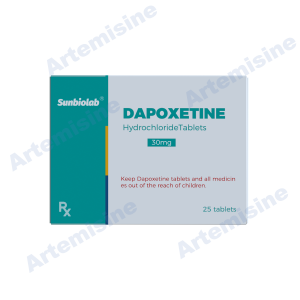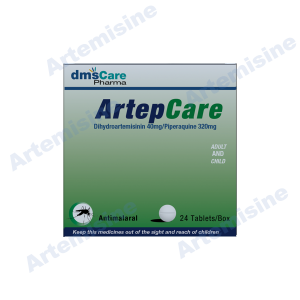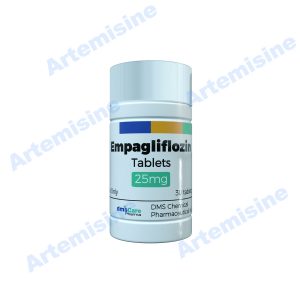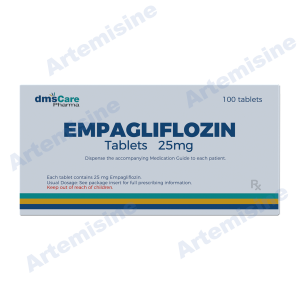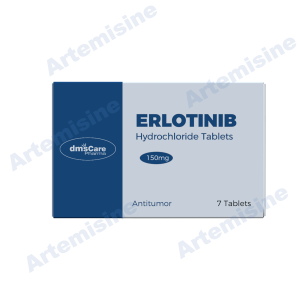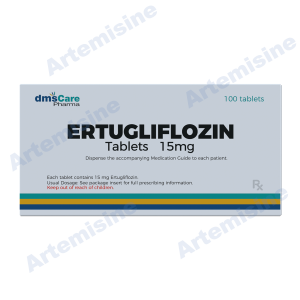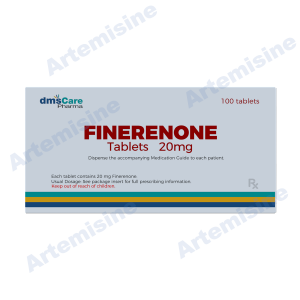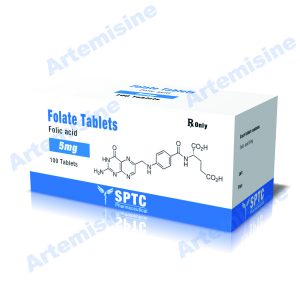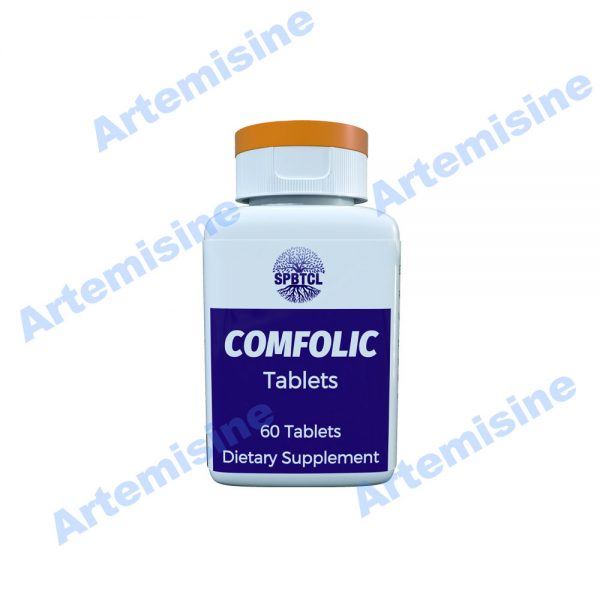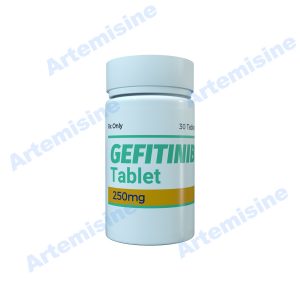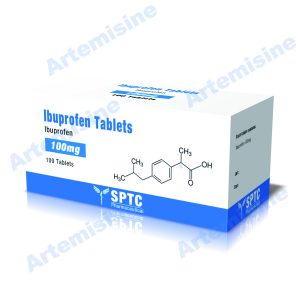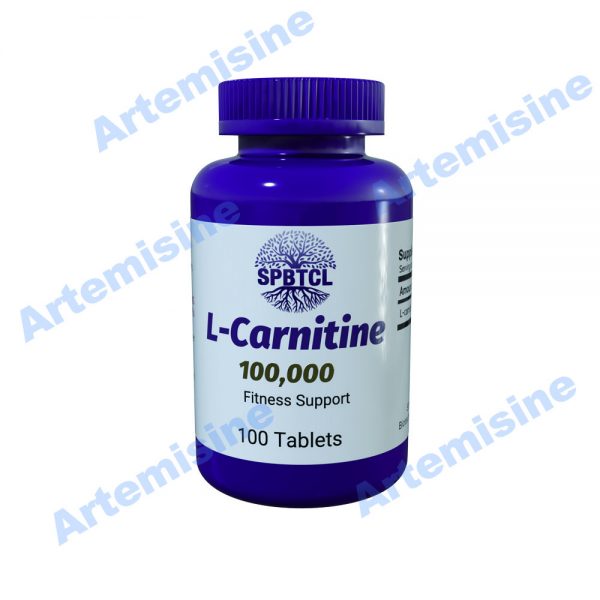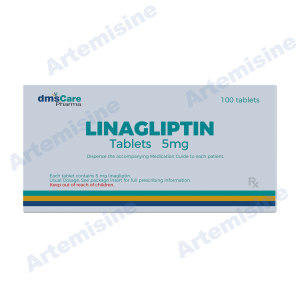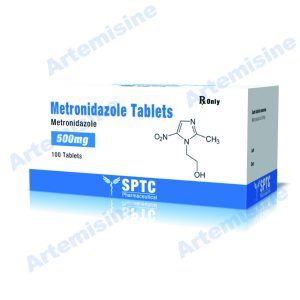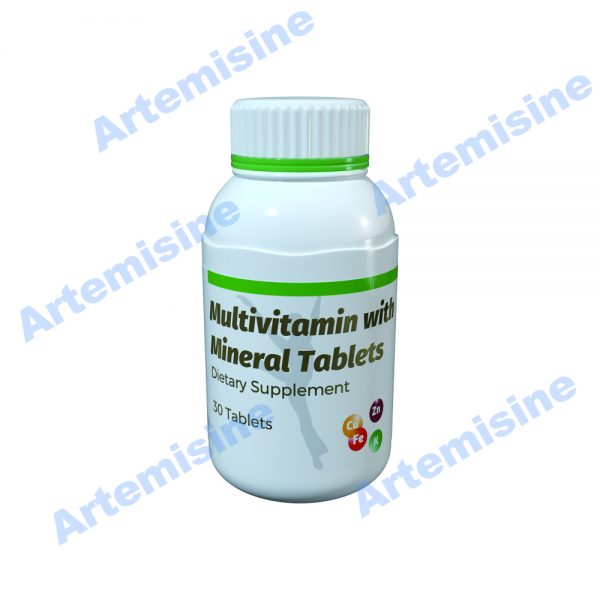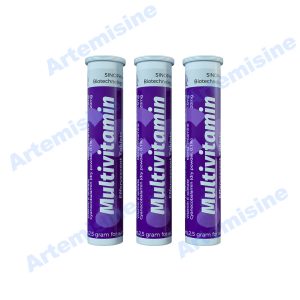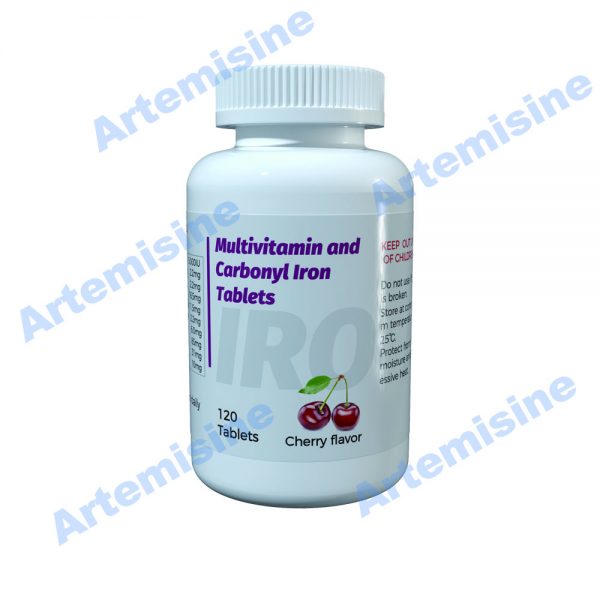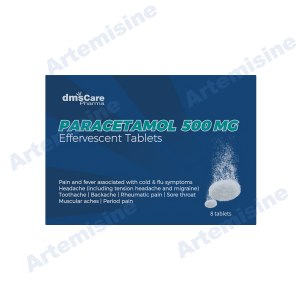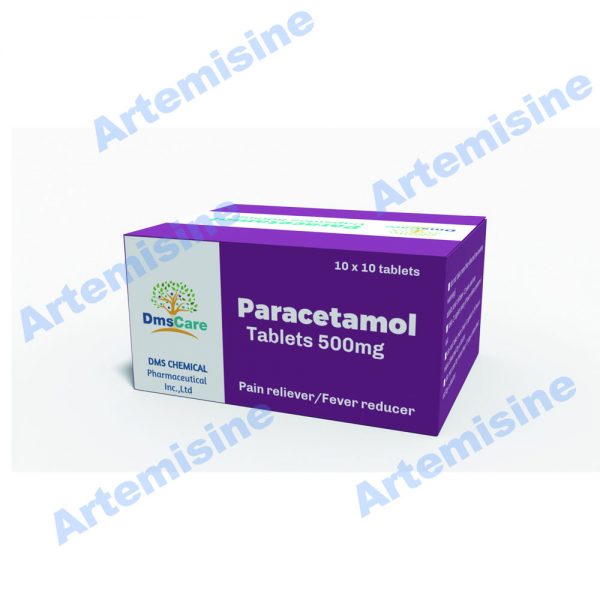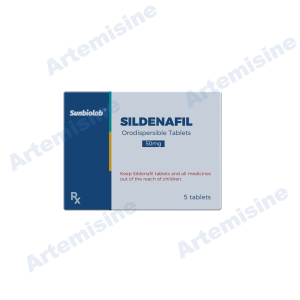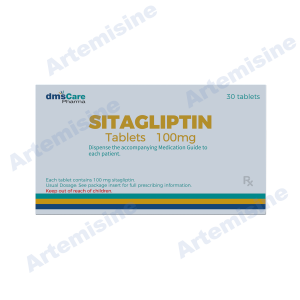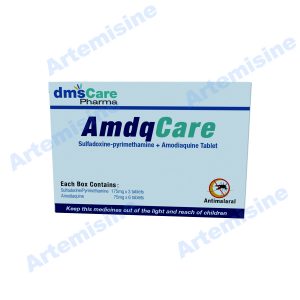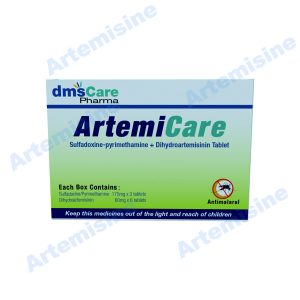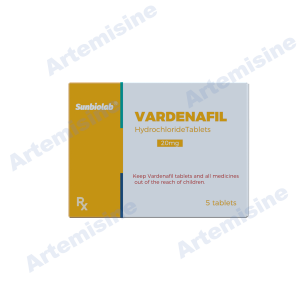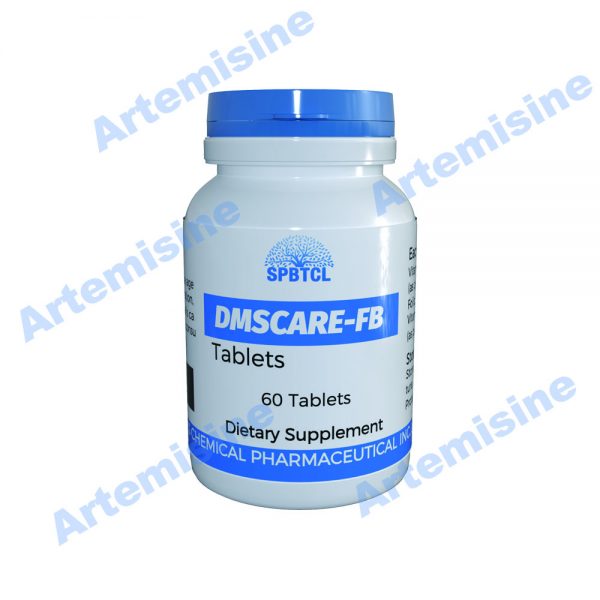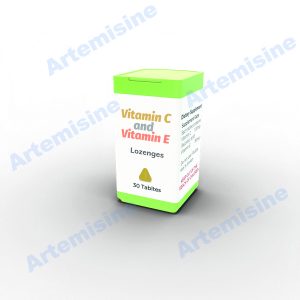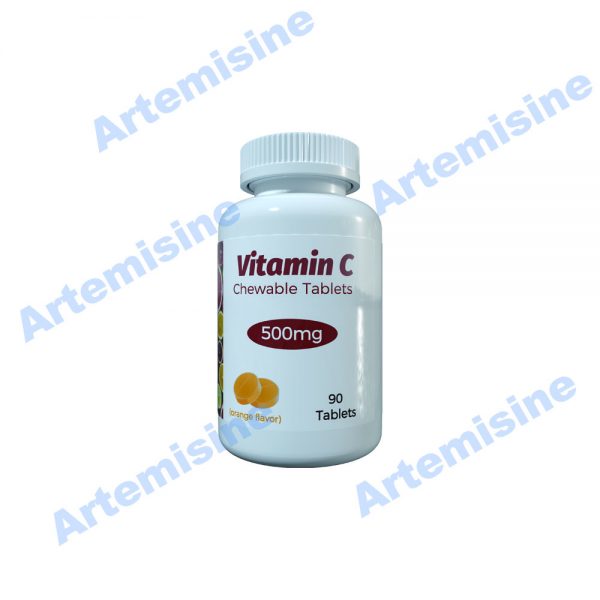Medicine tablets are a widely utilized and convenient form of pharmaceutical dosage, providing a practical and efficient way to deliver medications. These solid dosage forms are manufactured through a meticulous process, ensuring accurate dosing, stability, and ease of administration for patients across various medical conditions.
One of the key advantages of medicine tablets lies in their versatility. They come in different shapes, sizes, and formulations, accommodating a broad spectrum of therapeutic needs. Tablets can be designed for immediate release, extended release, or enteric-coated to control the rate at which the medication is absorbed in the body. This flexibility allows for precise tailoring of drug delivery, optimizing therapeutic outcomes.
Tablets encompass a wide range of therapeutic classes, addressing conditions from pain relief and antibiotics to chronic diseases like diabetes and cardiovascular disorders. Pain relievers, such as acetaminophen or ibuprofen tablets, are common over-the-counter options, providing effective relief for various types of pain and inflammation.
Antibiotics, crucial for treating bacterial infections, are often formulated as tablets for oral administration. These medications work systemically to eliminate bacteria and restore health. Chronic disease management frequently involves daily tablet regimens. For instance, antihypertensive medications, like ACE inhibitors or beta-blockers, are commonly prescribed in tablet form to control blood pressure.
The pharmaceutical industry continually innovates to enhance tablet formulations. Effervescent tablets, dispersible tablets, and orally disintegrating tablets are examples of advancements designed to improve patient compliance and offer alternative administration options, particularly for individuals who have difficulty swallowing traditional tablets.
The ease of storage and portability of tablets makes them a preferred choice for both healthcare providers and patients. Properly packaged to ensure stability, tablets are convenient for on-the-go use, allowing individuals to adhere to prescribed medication regimens.
In conclusion, medicine tablets represent a cornerstone of pharmaceutical therapy, providing a reliable and efficient means of drug delivery. Their versatility, stability, and ease of administration contribute to their widespread use in addressing a myriad of health conditions and ensuring patients receive the necessary medications for improved health and well-being.
